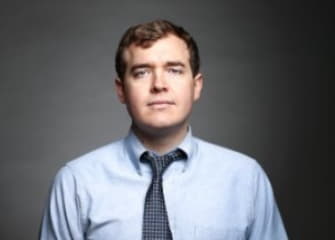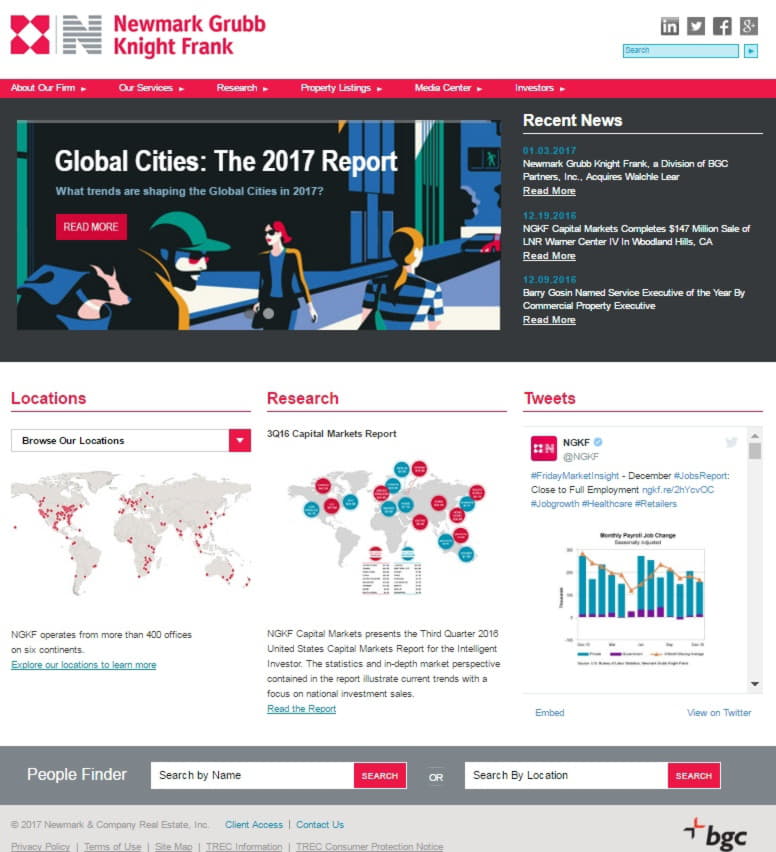
Christopher Wink
Click here for Part I, Part II, Part IV & Part V
In 2009, Christopher Wink joined hands with two other fellow undergrads in starting a tech blog that has morphed into Technically Media, which today publishes local tech news and runs events networks in five U.S. cities, all on the East Coast.
Wink wears multiple hats – as a journalist that of the ultimate pessimist, and as an entrepreneur that of an eternal optimist. This dual role has defined both Technically’s journalism as well as its business, as he bids to build a sustainable media company.
“We want to go somewhere because we think we can have impact not because it looks pretty on a map. I think our footprint can expand under the logic that we are doing it for the right reasons and I am a naïve believer in the long-term benefit of doing what is right,” Wink, who studied political science at Temple University, told
citybizlist in an interview.
“I do not talk about months I talk about years. I probably have since I was eight years old. I am not interested in short-term impact. I do everything forever,” he added.
Wink also runs the social impact site Generocity.org and sits on the boards of on the nonprofit youth coding program Coded by Kids, the project-based Workshop School, and the Pen and Pencil Club.
EDWIN WARFIELD: When you expand to different geographies, how have you tried to maintain consistency without stifling local experimentation?
CHRIS WINK: I think a lot about templates or replicable models for what our publication can be. In truth, for as pejorative as the concept of cookie-cutter local media outlets can be, I actually think that is the right path. You can’t really build a multiple market or large footprint with a 1,000 different recipes. You can’t do that. We very much do want to have an increasingly consistent brand experience that, I think, is no nonsense, that is truly important, the variation that takes place in a half-dozen markets for me are more examples of us flushing out experiments. We do a lot of experiments, where we use each market for different assets it has, to try different events, products, offerings, (and) pricing. So we do a lot of that constantly, so we have variation because of that. But in truth the right future is pretty clear and consistent. This is what a Technically market looks like. We are a lot closer to that than we were a couple (of) years ago but surely there are lots of variations. I think, though, the point is some of those tried-and-true lessons of consistency are dead-on and we certainly want to pursue those.
Among the differences we have across some of our markets is an events package. We do these weekly series. We do something called Philly Tech Week that comes up every April and May each year. We do something called Delaware Innovation Week and Baltimore Innovation Week, but we do not do similar events in D.C. and Brooklyn because those communities did not really seem to need it and we thought that those communities were in different stages.
We try to respond accurately to what the communities needed. Those weeks have become really important for how we have understood and built seasonal revenue, how we have had the biggest mission impact we could, how we can engage the most stakeholders. In 2016, at Philly Tech we did 178 events, something like that, so many that in 2017 we actually capped the number to 100 because we wanted to make it a little more accessible and we are doing a lot more with curated events and making sure that the serendipity of finding someone you can build a company with or grow is important and that is an interesting decision because every entrepreneur will tell you that the only right number is the number that is bigger than last year’s and that is just not something that I subscribe to.
EDWIN WARFIELD: You started out as a reporter. How does that experience shape your outlook toward business?
CHRIS WINK: Our entire business has been built on trying to make the best experience. We do not always do it but we are always trying to get closer to it than we were last year. So, in this sense, curation has become a big part of what we do in terms of who we invite to some events, how many events we have and what kinds of events we do. I think it is a really important lesson. Bigger numbers for bigger numbers sake is a disease that will eat you alive.
I don't do daily reporting anymore even though that was what I did for the first 10 years in my young career. That is what I wanted to do and I still probably self-identify as a journalist first and foremost. So I think those instincts inform how I approach growing a company more than I might even realize. What I mean is, I am really overly focused on what is true, I am as challenging to myself as anyone can be. I am probably constantly negotiating with myself about what I think is true and whether I am self-deceiving or am I really talking about the truth.
I think my values of building a company are just trying to be as honest as I can and with the understanding that there is no such thing as real honesty because we all see (things) through our own prisms. I have to sleep at night and so I have to believe (in) the bias we all have and that I am well-intentioned and we are building an organization that is going to last. But because I am a reporter and because I have interviewed enough founders I know that I would always see another side of the table and say “yeah, but you probably won’t”…So I think I am always the first critic of myself and for me that’s the best business press…
You have the most optimistic people on the planet, entrepreneurs, and you have the absolute most pessimistic people on the planet, journalists, and I have both of them inside of me. I am, by any day, the one that assumes that I mean it is all going to collapse tomorrow and, well, we might go ahead and buy Google ourselves tomorrow. I think both of those things are inside of me and I think that is why we probably do a pretty good job in terms of these organizations, challenging ourselves but also taking time to celebrate ourselves, which you need to do. I like to believe that that’s a big part of what has made us a strong vibrant organization.
Connect with Chris on LinkedIn
Sponsored by:
ABOUT NEWMARK GRUBB KNIGHT FRANK
Newmark Grubb Knight Frank (NGKF) is one of the world's leading commercial real estate advisory firms. Together with London-based partner Knight Frank and independently-owned offices, NGKF's 14,100 professionals operate from more than 400 offices in established and emerging property markets on six continents.
With roots dating back to 1929, NGKF's strong foundation makes it one of the most trusted names in commercial real estate. NGKF's full-service platform comprises BGC's real estate services segment, offering commercial real estate tenants, landlords, investors and developers a wide range of services including leasing; capital markets services, including investment sales, debt placement, appraisal, and valuation services; commercial mortgage brokerage services; as well as corporate advisory services, consulting, project and development management, and property and corporate facilities management services. For further information, visit www.ngkf.com.
NGKF is a part of BGC Partners, Inc., a leading global brokerage company servicing the financial and real estate markets. BGC's common stock trades on the NASDAQ Global Select Market under the ticker symbol (NASDAQ: BGCP). BGC also has an outstanding bond issuance of Senior Notes due June 15, 2042, which trade on the New York Stock Exchange under the symbol (NYSE: BGCA). BGC Partners is led by Chairman and Chief Executive Officer Howard W. Lutnick. For more information, please visit http://www.bgcpartners.com/.


Edwin Warfield, CEO of citybizlist, conducts the CEO Interviews.
If you're interested in reaching CEOs, please contact edwin.warfield@citybuzz.co
Connect on LinkedIn
















